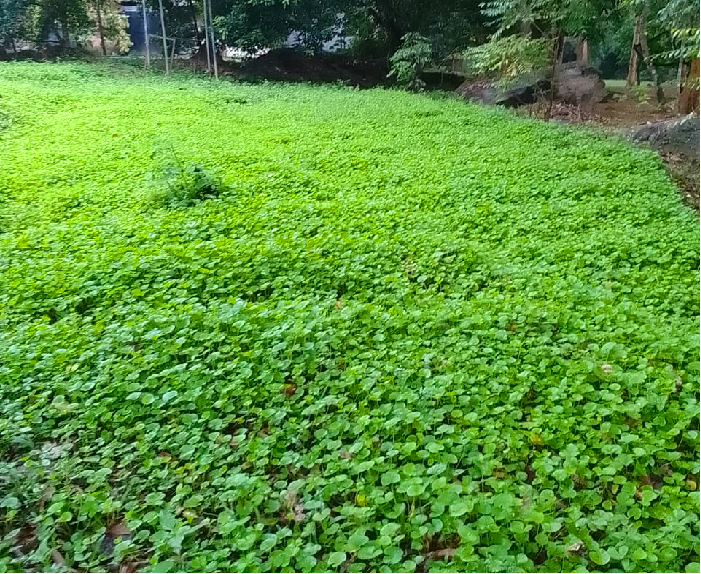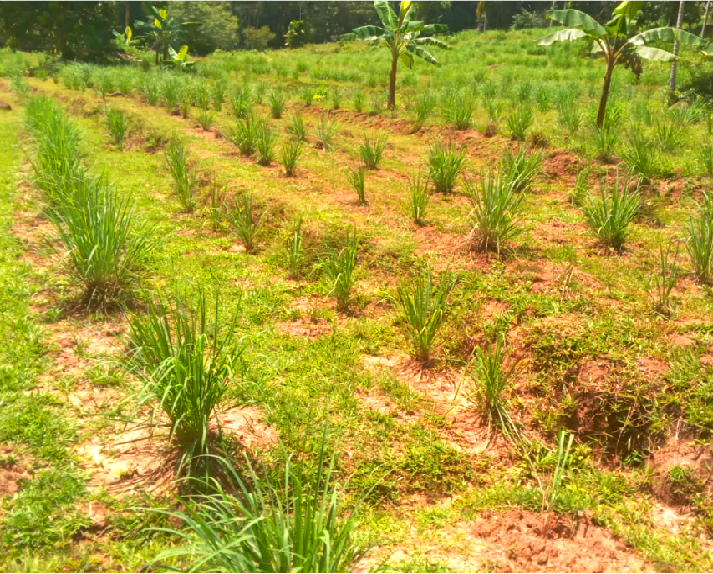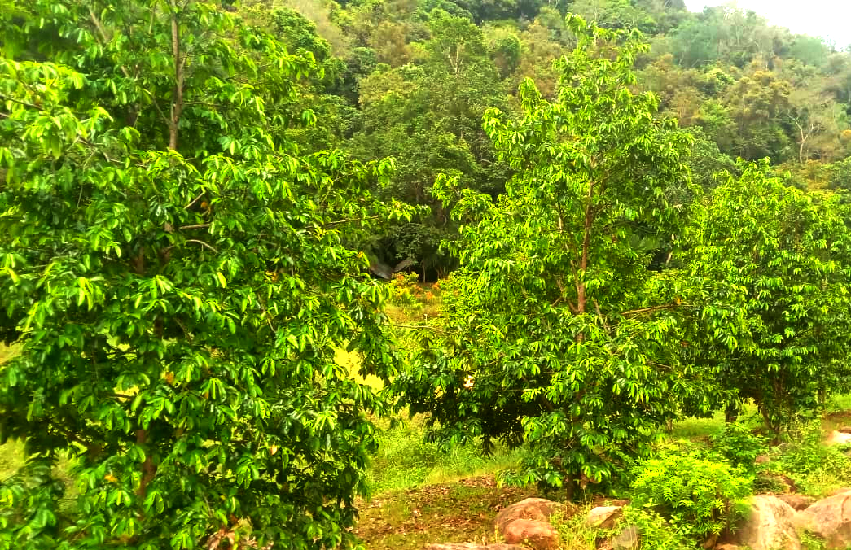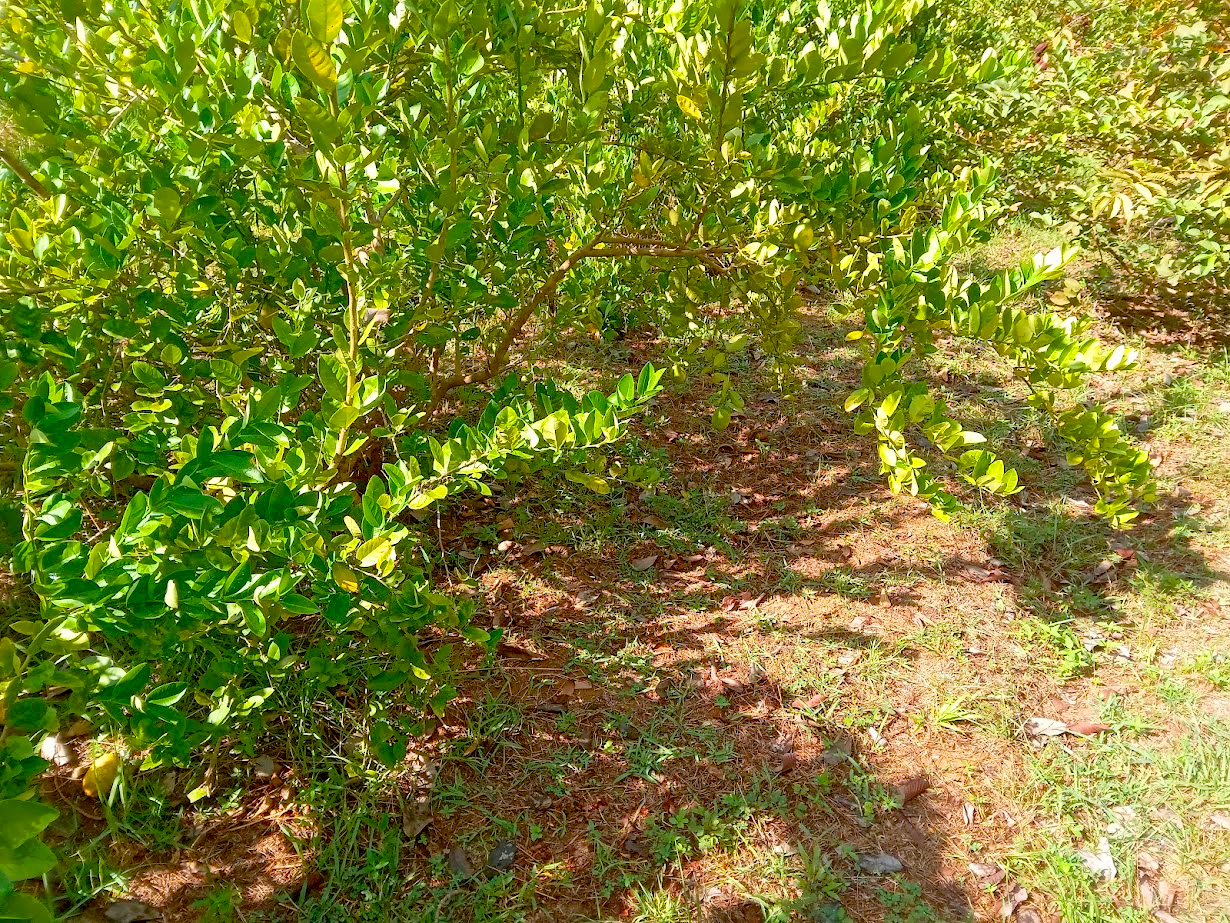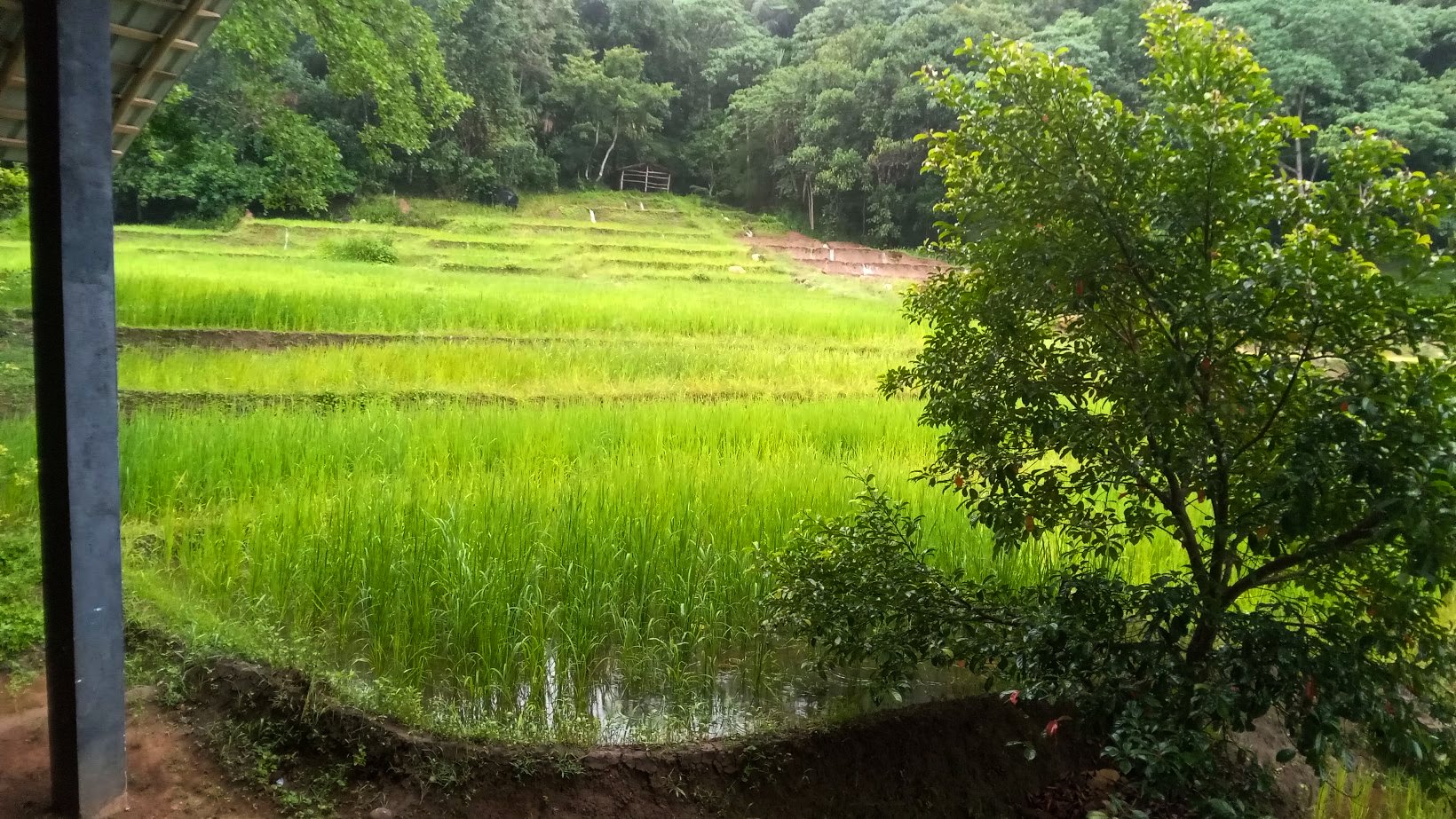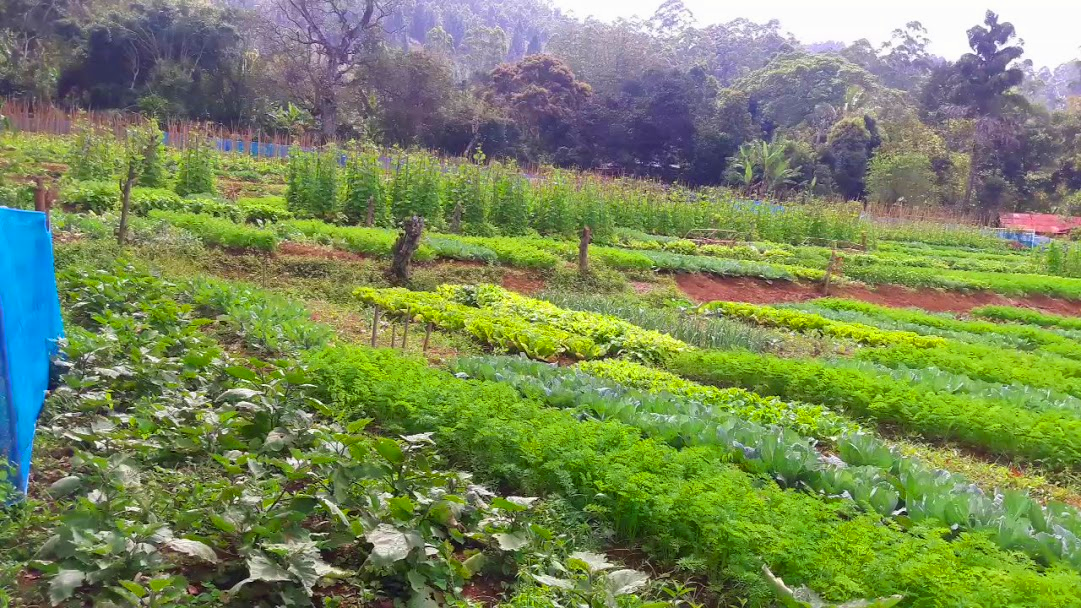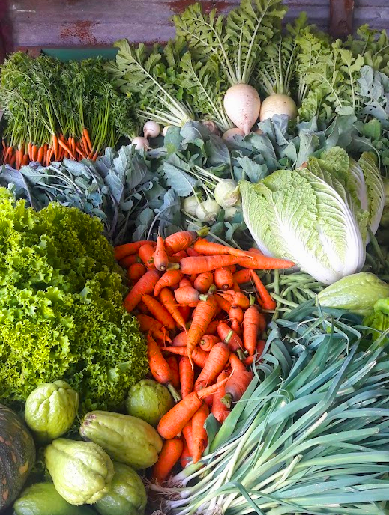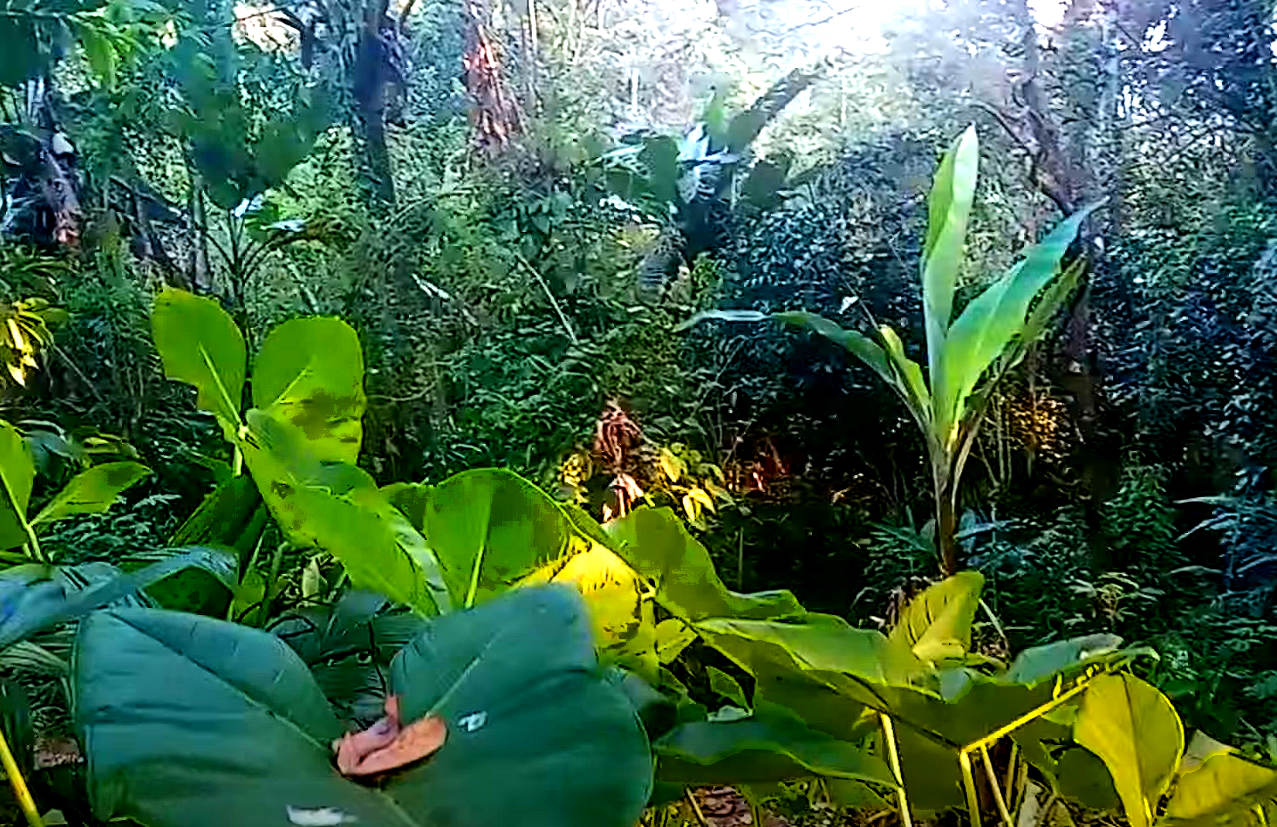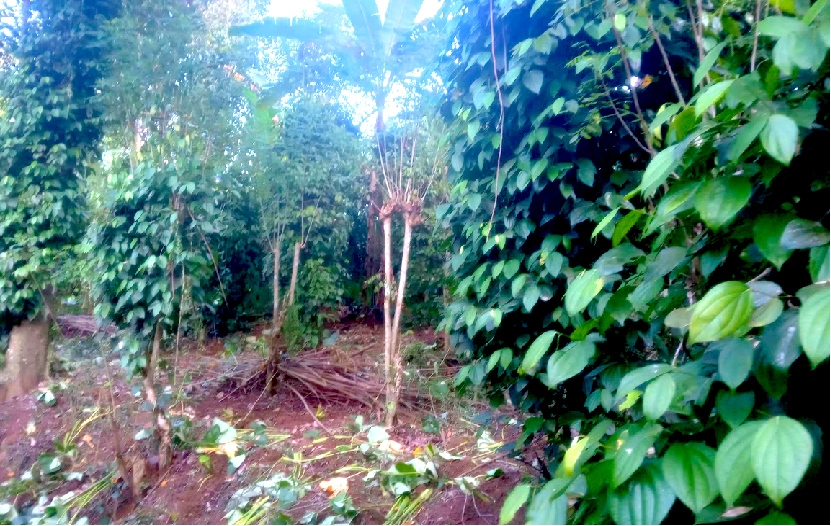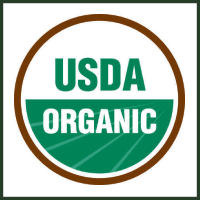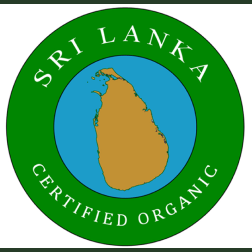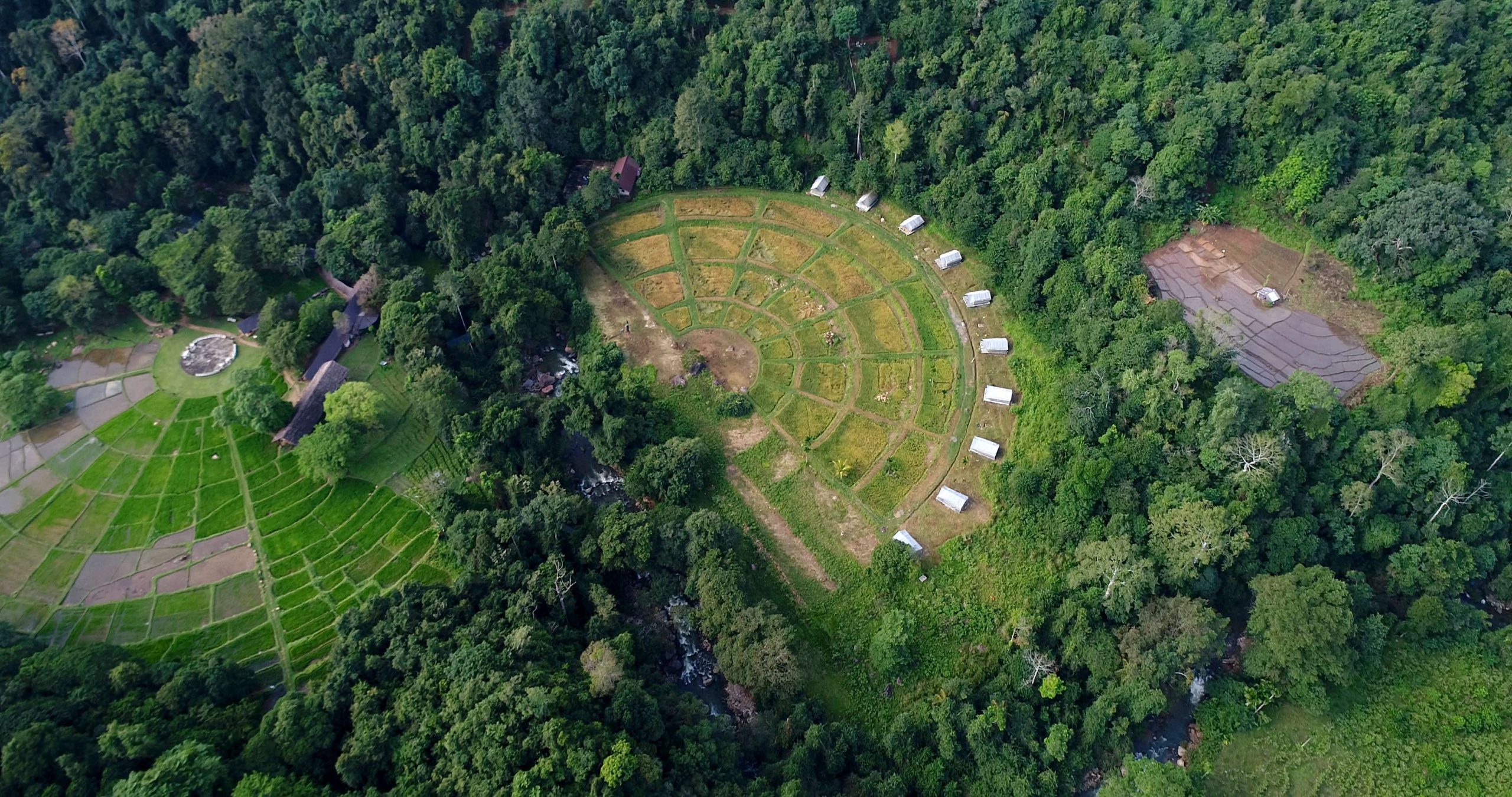
Producers Hub
We believe in transforming Sri Lanka’s agricultural landscape by fostering sustainable farming practices, empowering local farmers, and ensuring that consumers receive the freshest, highest-quality organic produce. Through the Producers’ Hub, we are creating a transparent, ethical, and environmentally responsible ecosystem that benefits both producers and consumers alike.
How Wilders is helping shape the future of organic farming
Wilders is committed to revitalizing organic farming in Sri Lanka by providing farmers with the resources, market access, and community support needed to thrive.
Wilders is at the forefront of organic farming innovation, addressing key issues such as soil degradation, climate change, and food security. We work with a coalition of farmers, scientists, and sustainability advocates to bring practical solutions to these challenges.
Our initiatives focus on
Wilders Organics – Farming Communities
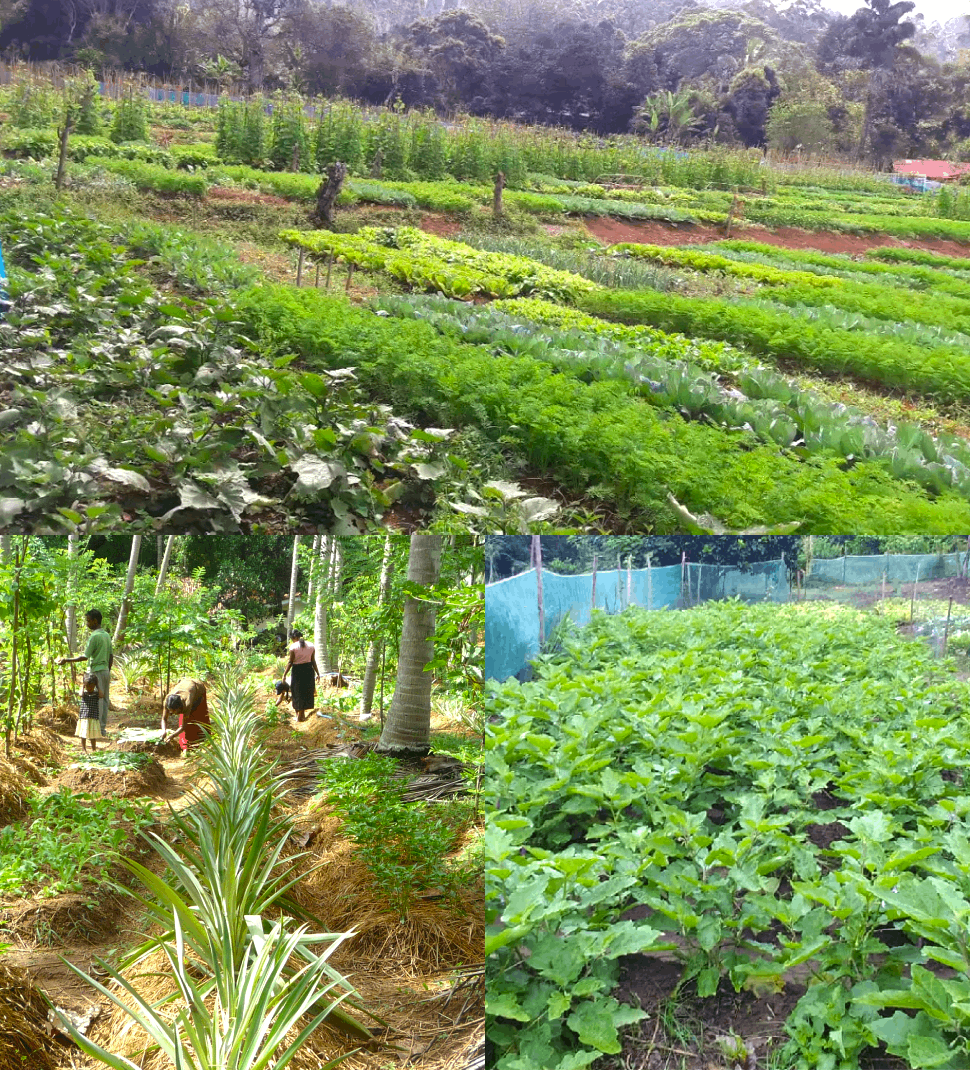
A Network of Nature-Aligned Farmers
Our producers come from unique and naturally rich regions such as Ella, Adhaulpotha, and remote forest-based home gardens, where cultivation thrives in harmony with nature. Each group brings a distinct touch to Wilders’ organic journey:
Wilders Organics communities use intercropping, green manure, composting, biological pest control, and minimal tillage, adhering strictly to organic principles rooted in Health, Ecology, Fairness, and Care.
What Sets Our Farmers Apart?
Wilders Organics works closely with each of these communities to ensure:

Ella Organic Farm
A flagship Wilders location, the Ella Organic Farm is nestled in the serene central highlands. Known for its tranquil surroundings and fertile soil, it offers the perfect setting for spiritual wellness and nature-aligned farming.
Crops Grown
Adhaulpotha Organic Farm
Situated in low country intermediate zone, this farm is part of a growing initiative to transition rural farmers into certified organic practitioners.
Crops Grown
Exotic Vegetable Farmer Group
Situated in Uva high lands – close to Bandarawela, a passionate team of smallholders cultivating nutrient-dense, export-grade vegetables across their certified land parcels.
Crops Grown
Forest Home Gardening Farmers
Forest home gardens consist of different canopy layers of crops, trees, and crops. These home
gardens are analog to natural forests and they provide all the ecological benefits provided by Natural forests, such as conservation of biodiversity, conservation of soil and water improving micro-climatic
conditions while adapting and mitigating to climate change, in addition to the economic benefits given to farmers.
These farmer groups are situated in mid-country intermediate zone in Uva province
Crops Grown
Farm-to-Table & Traceability – Know Your Food’s Journey
The Farm-to-Table concept at Wilders bridges the gap between farmers and consumers, ensuring that every product is fresh, ethically grown, and transparently sourced.
Wilders ensures that every product you consume has a clear journey from farm to table
By shortening the supply chain and eliminating unnecessary intermediaries, we promote freshness, quality, and a stronger connection between consumers and the land.
Definition of Organic Agriculture
Organic Agriculture is a production system that sustains the health of soils, ecosystems, and
people. It relies on ecological processes, biodiversity and cycles adapted to local conditions,
rather than the use of inputs with adverse effects. Organic Agriculture combines tradition,
innovation, and science to benefit the shared environment and promote fair relationships and
good quality of life for all involved.
IFOAM General Assembly 2008
Source: https://www.ifoam.bio/why-organic/organic-landmarks/definition-organic
Four principle of Organic agriculture
The Principles of Health, Ecology, Fairness, and care are the roots from which organic agriculture
grows and develops. They express the contribution that organic agriculture can make to the world,
and a vision to improve all agriculture in a global context.
Composed as inter-connected ethical principles to inspire the organic movement — in its full diversity, they guide our development of positions, programs, and standards.
Source: https://www.ifoam.bio/why-organic/shaping-agriculture/four-principles-organic
Principle of Health
Organic agriculture should sustain and enhance the health of soil, plant, animal, human and planet as one and indivisible.
Health is the wholeness and integrity of living systems. It is not simply the absence of illness, but the maintenance of physical, mental, social and ecological well-being. Immunity, resilience, and regeneration are key characteristics of health.
The role of organic agriculture, whether in farming, processing, distribution, or consumption, is to sustain and enhance the health of ecosystems and organisms from the smallest in the soil to human beings.
In particular, organic agriculture is intended to produce high quality, nutritious food that contributes to preventive health care and well-being. In view of this, it should avoid the use of fertilizers, pesticides, animal drugs and food additives that may have adverse health effects.
Principle of Ecology
Organic agriculture should be based on living ecological systems and cycles, work with them, emulate them and help sustain them.
This principle roots organic agriculture within living ecological systems. It states that production is to be based on ecological processes, and recycling.
Nourishment and well-being are achieved through the ecology of the specific production environment.
For example, in the case of crops this is the living soil; for animals it is the farm ecosystem; for fish and marine organisms, the aquatic environment.
Organic farming, pastoral and wild harvest systems should fit the cycles and ecological balances in nature. These cycles are universal but their operation is site-specific. Organic anagement must be adapted to local conditions, ecology, culture and scale. Inputs should be reduced by reuse, recycling and efficient management of materials and energy in order to maintain and improve environmental quality and conserve resources.
Organic agriculture should attain ecological balance through the design of farming systems, establishment of habitats and maintenance of genetic and agricultural diversity. Those who produce, process, trade, or
consume organic products should protect and benefit the common environment including landscapes, climate, habitats, biodiversity, air and water.
Principle of Fairness
Organic agriculture should build on relationships that ensure fairness with regard to the common environment and life opportunities.
Organic Agriculture is a living and dynamic system that responds to internal and external demands and conditions.
Practitioners of organic agriculture can enhance efficiency and increase productivity, but this should not be at the risk of jeopardizing health and well-being. Consequently, new technologies need to be assessed
and existing methods reviewed. Given the incomplete understanding of ecosystems and agriculture, care must be taken.
This principle states that precaution and responsibility are the key concerns in management, development and technology choices in organic agriculture.
Science is necessary to ensure that organic agriculture is healthy, safe and ecologically sound. However, scientific knowledge alone is not sufficient. Practical experience, accumulated wisdom and traditional and indigenous knowledge offer valid solutions, tested by time.
Organic agriculture should prevent significant risks by adopting appropriate technologies and rejecting
unpredictable ones, such as genetic engineering. Decisions should reflect the values and needs of all who might be affected, through transparent and participatory processes.
Principle of Care
Organic agriculture should be managed in a precautionary and responsible manner to protect the health and well-being of current and future generations and the environment.
Organic Agriculture is a living and dynamic system that responds to internal and external demands and conditions.
Practitioners of organic agriculture can enhance efficiency and increase productivity, but this should not be at the risk of jeopardizing health and well-being. Consequently, new technologies need to be assessed
and existing methods reviewed. Given the incomplete understanding of ecosystems and agriculture, care must be taken.
This principle states that precaution and responsibility are the key concerns in management, development and technology choices in organic agriculture.
Science is necessary to ensure that organic agriculture is healthy, safe and ecologically sound. However, scientific knowledge alone is not sufficient. Practical experience, accumulated wisdom and traditional and indigenous knowledge offer valid solutions, tested by time.
Organic agriculture should prevent significant risks by adopting appropriate technologies and rejecting
unpredictable ones, such as genetic engineering. Decisions should reflect the values and needs of all who might be affected, through transparent and participatory processes.

